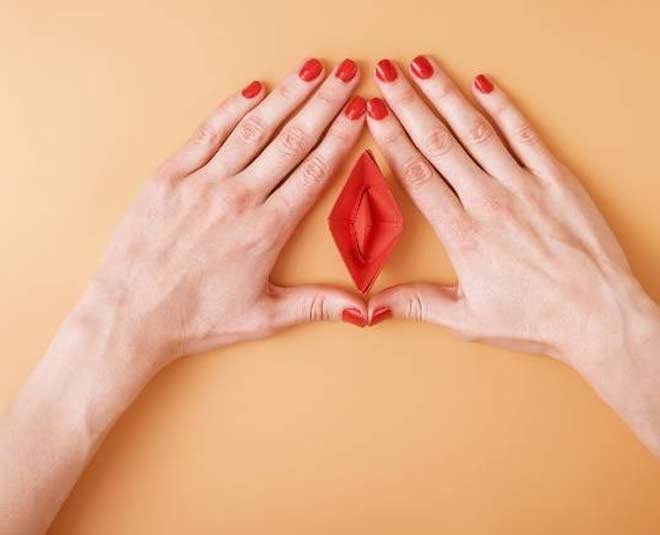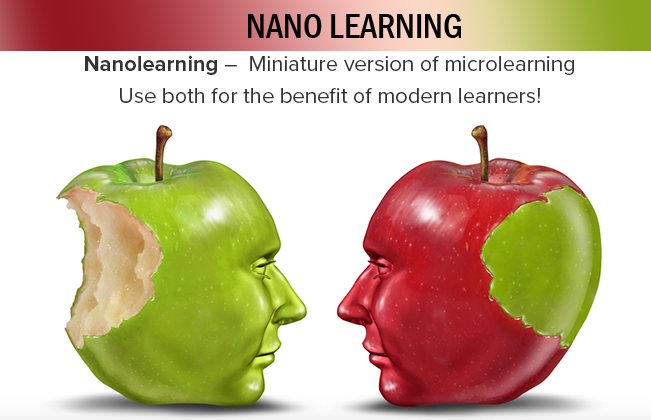What is Virginity: Virginity is a term that has been used for centuries, often carrying cultural, social, and personal significance. Broadly, virginity refers to the state of a person who has not engaged in sexual intercourse. However, definitions can vary depending on cultural, religious, and individual beliefs. For some, it may be specifically about vaginal intercourse, while others may consider oral or anal sex as relevant to virginity. It’s important to understand that virginity is a personal and often subjective concept—it isn’t a medical condition or something that can be physically measured.
Virginity has traditionally been associated with purity, morality, and social expectations, particularly for women in many cultures. In modern times, these ideas are evolving, and people increasingly view virginity as a personal choice rather than a moral judgment. It’s a topic that requires sensitivity, understanding, and respect for individual perspectives.
How Virginity is Lost
The phrase “losing virginity” generally refers to the first experience of sexual intercourse. This experience varies widely among individuals and can carry emotional, psychological, and sometimes physical implications. The first sexual experience can be meaningful, casual, or even experimental, depending on the person’s readiness, values, and circumstances.

It is essential to approach sexual activity with consent, understanding, and protection. Engaging in sexual intercourse should always be a voluntary decision, free from pressure, coercion, or manipulation. Physical readiness, emotional maturity, and clear communication between partners play critical roles in ensuring a safe and positive experience.
Understanding Myths and Realities
There are many myths surrounding virginity, such as the idea that it is tied to physical signs like the “hymen.” In reality, the state of the hymen is not a reliable indicator of sexual activity, and virginity is more about personal experience than physical markers. Education, open dialogue, and access to sexual health resources are vital in helping individuals make informed decisions about their bodies.
Ultimately, virginity is a deeply personal concept. Losing it is an individual experience that should be approached with care, respect, and awareness of one’s values and readiness. Society is gradually shifting toward a more informed and less judgmental understanding, encouraging people to prioritize consent, safety, and emotional well-being.
![]()





